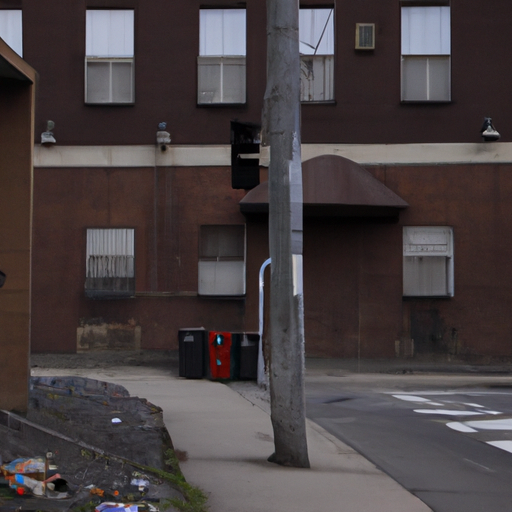The Intertwining Struggles of Housing and the Opioid Crisis in Canada
In the face of an escalating opioid crisis, many Canadian municipalities are finding themselves grappling with a housing shortage that is exacerbating the issue. As the demand for affordable housing grows, there is a concomitant urgency for a proactive, comprehensive response to the opioid crisis. One such battleground is in Hamilton, Ontario, where priority in land usage is a contentious issue. A closer look at this situation reveals significant repercussions for those most vulnerable and underscores the need for coordinated municipal and national actions.
The Hamilton Opioid Crisis: Unpacking the Spiraling Issue
Across Canada, there’s been a drastic upsurge in cases of opioid overdose, with Hamilton hit particularly hard. This has led to a worsening crisis, heightening homelessness and crime rates. With limited funding for shelters and affordable housing, the situation is progressively deteriorating, making the challenge of handling both the opioid crisis and housing shortage more daunting.
Decisions with Repercussions
One decision that has drawn particular criticism recently is the allocation of vacant land for parking lots instead of affordable housing. Urban land use decisions significantly contribute to either alleviating or exacerbating the opioid crisis. Prioritizing parking lots over housing, for instance, may indirectly fuel the crisis by increasing homelessness among opioid users. This is because affordable, safe, and stable housing plays a crucial role in combating opioid addiction and limiting its related socio-economic fallouts.
Efforts in Combating the Opioid Crisis
The Canadian government has been fighting the opioid crisis on several fronts, deploying a multi-pronged approach. Here are some of the key measures taken to mitigate the crisis:
- Implementation of the Canadian Opioid Abatement Class Action: This is a strategic legal approach aimed at holding opioid manufacturers and distributors accountable, to recoup public costs spent on combating the opioid crisis and future prevention measures.
- Deployment of Naloxone: The distribution of this life-saving drug that can tempoarily reverse an opioid overdose has been widely increased. Efforts to provide easily accessible Naloxone kits have been intensified, not only in hospitals, but also at pharmacies to ensure wide coverage, including those at risk of overdose.
- Integrated Policy Reform: Programs that integrate housing and social support for drug users are being introduced to fight both homelessness and drug use simultaneously. The belief is that secure housing can act as a stepping stone towards recovery and, in turn, reduce pressures on other social services.
Ominous Future without Intervention
Without significant intervention, the pressure on social, health, and justice services will multiply. The toll of this crisis extends beyond the victims; it holds a firm grip on the workforce, families, and community resources. The ripple effects on the broader society are substantial – from increased homelessness, swelling crime rates, to strained healthcare resources. The social and economic effects are harsh, disrupting the fabric of many Canadian cities like Hamilton, and posing dire future implications.
Closing Thoughts
The intertwined issues of the opioid crisis and housing shortage are a grim reality for many Canadian cities. It’s clear that a cross-sector, comprehensive approach, which considers elements of housing, public health, and criminal justice, is urgently required to alleviate the crisis. A unified action could prevent the situation from worsening and will ultimately benefit all sectors of Canadian society. As we assess the local specificity of cities like Hamilton, the broader national problem comes into sharp relief, demanding immediate attention and substantive action against the mounting opioid crisis.
